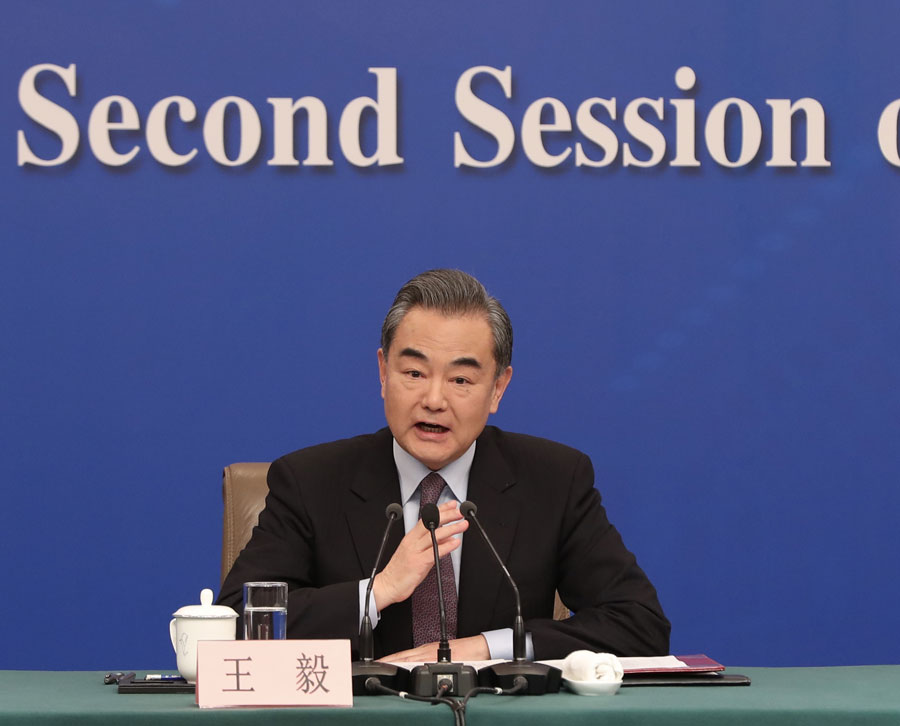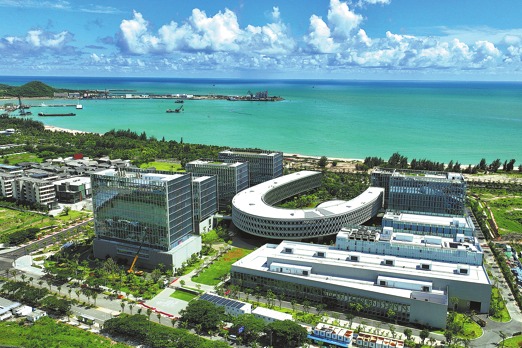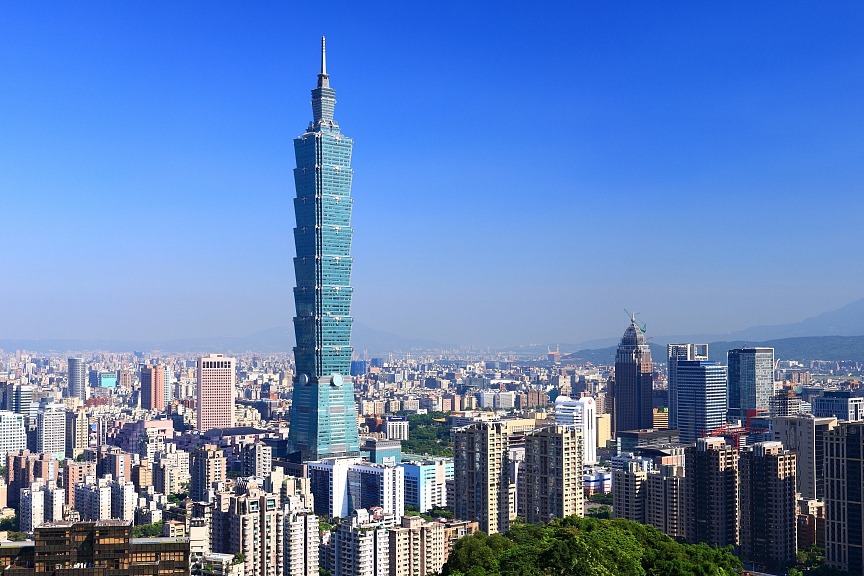NPC Foreign Policy Press Conference: Lessons from the Past


According to classic literature, China’s foreign policy since ancient times has been based on principles of harmony and coexistence. It is both a Confucian and Taoist principle there is always a time for action and a time for inaction, weighing the positioning of forces or the relative strengths and weaknesses of other states that might be intrusive. Observation is an essential part of determining what kind of action to take or not to take.
On March 8, Foreign Minister Wang Yi received questions from both international and domestic media during a press conference held on the sidelines of the second session of the 13th National People’s Congress. From his answers to their questions, we can see we are living in a tense, complex world, where previously understood protocols and norms of behavior are being thrown out and disregarded in favor of belligerent imperial escapades.
Wang stressed, “China’s preference and goal is always to interact with other civilizations on the basis of mutual respect and to live peacefully with all countries.” Of course this differs greatly from approaches being adopted by some nations in the world today, which are trying to redefine the global order on terms that are self-interest centered as opposed to the principle of “win-win results with the rest of the world” Wang emphasized.
For China, it is a time when foreign policy needs to be carefully calculated to avoid igniting a tinderbox scenario, fostered by the blunderbuss policies of certain nations adopting increasingly undiplomatic behavior. This raised the question of Chinese citizens’ protection overseas. Wang said, “This is the duty of the Chinese government.”
Wang expressed a shared vision for nations working together to solve crises of climate and security while building a globalized network for trade and technology. He warned of the dangers in interfering in the politics of regions such as Latin America, Central Asia and the Middle East. In the case of Latin America, he insisted local political decisions should be made by the people themselves, adding a warning that foreign intrusion or invasion could escalate crisis or even bring about civil war.
He emphasized Afghanistan should no longer be a theater of great-power rivalry as the nation belongs to the Afghan people, not foreign invaders trying to manipulate local politics. He called on India and Pakistan to seek dialogue away from conflict toward collaboration, and suggested China could mediate or facilitate a shift toward more positive communication.
When criticisms of China’s growing influence in Africa were raised in the context of a “debt trap”, Wang pointed out China’s relations with Africa have never been better. In fact, China has done more for African infrastructure development in recent decades than a century of politically conditioned aid from Western nations imposing a neocolonialism during the post-colonial era.
Wang Yi encouraged de-nuclearizing the Korean Peninsula through continued dialogue and economic engagement between the DPRK and ROK. China has worked hard to help alleviate tensions, and has all to gain from peace on the Korean Peninsula along with Japan. He pointed out China’s relations with Japan were back on track and moving forward with momentum.
He sought to explain the Belt and Road Initiative to a skeptical international press that continues to think of this evolving system of transport and communication integration as some Chinese equivalent of the Marshal Plan. The Belt and Road is not about aid but trade, requiring necessary infrastructure to allow connectivity to manifest in the form of economic benefits arising when goods, services and communication flow between nations seeking globalization rather than isolation. He pointed out more European nations are seeking to be part of this initiative. Russia, serving as a link in this new Silk Road between China and Europe, has enjoyed bilateral trade reaching $100 billion alone over the past two years.
Wang insisted on upholding multilateralism as the foundation of China’s foreign policy. Following United Nations protocols by acting within the boundaries of international law is a policy priority of China’s, he stressed. This comes at a time when the UN’s functions are being eclipsed by some countries’ hyper-nationalism that in many cases overrides global trading, climate and other UN-endorsed frameworks. In this respect he believed China would be on the right side of history. The unilateralism that may be adopted by others is inconsistent with the complexities of our planet today that require collaborative approaches in the interests of all, rather than the interests of one nation.
Laurence Brahm is the founding director of the Himalayan Consensus and a senior international fellow at the Center for China and Globalization.
The opinions expressed here are those of the writer and do not necessarily represent the views of China Daily and China Daily website.


































